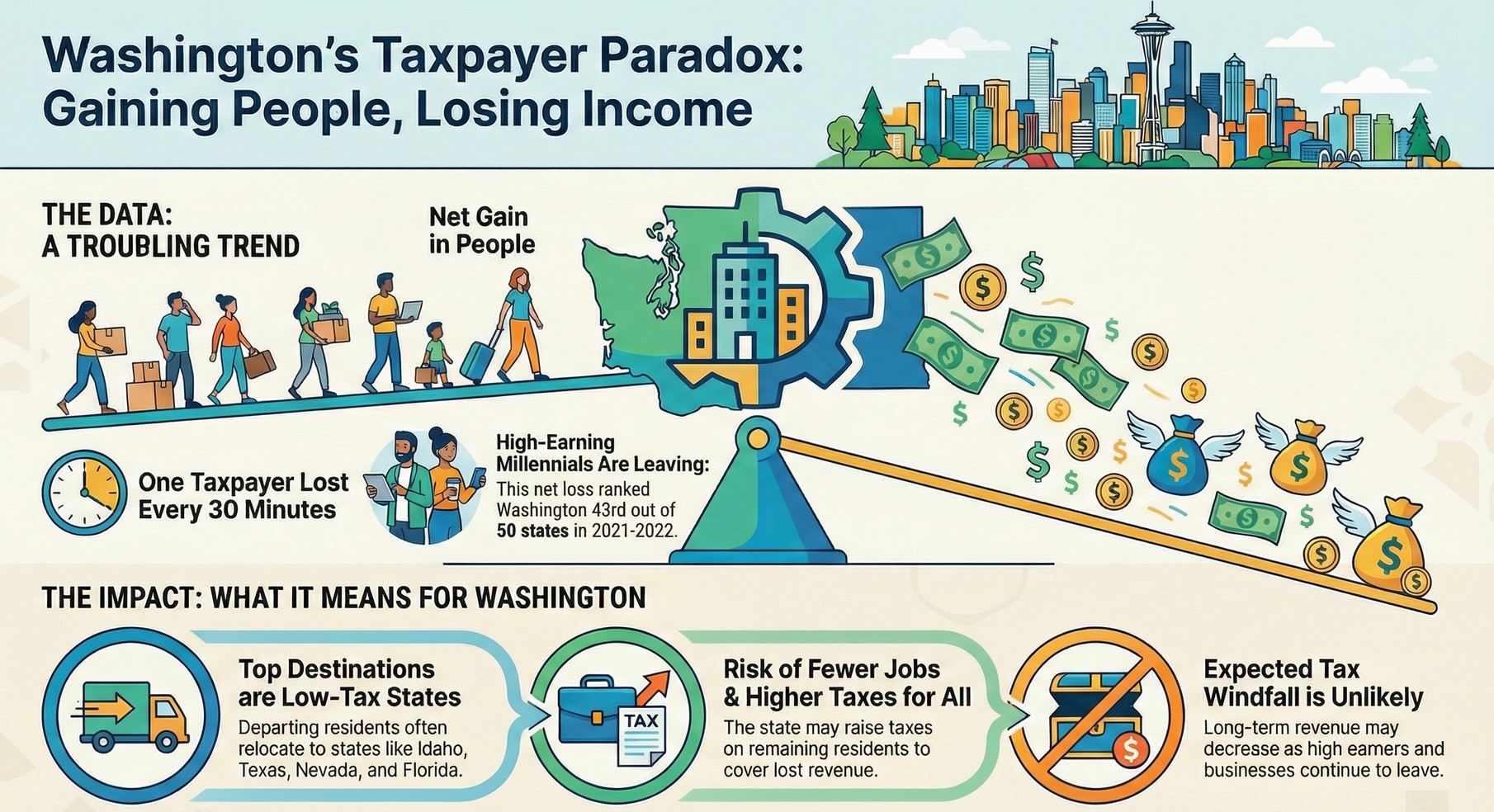Officials in Melbourne, Australia have joined the expanding list of cities to ban electric scooters. After receiving hundreds of complaints and citing safety concerns, officials responded by banning the troublesome scooters from the city streets.
The short term rentable electric scooter was touted as a way to reduce carbon emissions and traffic congestion, but in reality, the scooters became an eyesore and safety hazard in many inner cities. The fact is these scooters are used mostly for recreation, not a significant part of the urban transportation system.
 Most of the assumptions about the benefits of electric scooters rely on a scooter lifespan of two years. In California, they are seeing lifespans of only one to two months, as scooters break quickly. This increases the environmental impact by five times. In other words, your family sedan has less impact on the environment than an electric scooter.
Most of the assumptions about the benefits of electric scooters rely on a scooter lifespan of two years. In California, they are seeing lifespans of only one to two months, as scooters break quickly. This increases the environmental impact by five times. In other words, your family sedan has less impact on the environment than an electric scooter.
A study from North Carolina State University, “Are e-scooters polluters? The environmental impacts of shared dock-less electric scooter’ written by Joseph Hollingsworth, Brenda Copeland and Jeremiah Johnson, reaches a surprising conclusion. The electric scooters that are being deployed in our cities are not as green as we have been led to believe. And that doesn’t include the carbon emitted by the vehicles needed to clean up the mess when the scooters are abandoned or catch fire.
Paris banned electric scooters following partial bans in San Fransisco and Miami citing multiple injuries and fatalities to riders and pedestrians. In London, there have been 37 exploding electric scooters since the beginning of 2023. Copenhagen and Rome have also banned electric scooters.
As with many feel-good environmental policies, the benefits of scooters are frequently inflated while costs are diminished or altogether ignored.
In Seattle, scooters are used frequently on the sidewalks, ignoring many of the traffic signals and are a tripping hazard when dumped on the sidewalks. Spokane saw hundreds of scooters thrown into the Spokane river.
Cities and towns should reconsider the total environmental cost and public benefit of scooters before allowing them into our downtown areas as a serious mode of urban travel. Other than the obvious safety issues, the use of the public right of way often is not compensated.




